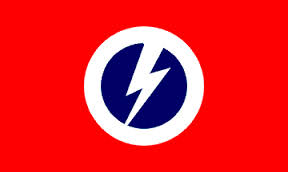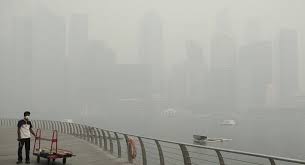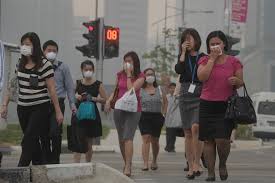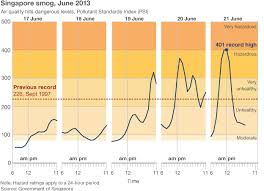Harry Lee Kuan Yew has passed on.
He leaves us just as Singaporeans are finally falling out of love with his People’s Action Party, as I blogged after visiting Singapore last October. It is a pretty good record for someone who started out in politics in the 1950s.
Harry’s departure severs the direct link between south-east Asia’s political elite and its colonial past. (Mahathir is still alive, but he was not a player in the colonial era.) This seems to me to be the key import of this moment. There won’t be another Harry, born into an Anglicised and privileged family, angered yet titillated by colonial power, driven to reinvent himself as a true Chinese (and struggle to learn the Chinese language that was foreign to him as a kid), then striving to find a happy medium as Singapore’s leader somewhere between Asian nationalist and American lickspittle. He opted for a combination of proto-Victorian morality re-dressed-up as Asian values, and the biggest CIA station in the region, that saw American lickspittle win comfortably.
Pragmatism is I think what defined Harry more than anything. He was a fantastic leader for Singapore. But he didn’t really give a toss about south-east Asia so long as Singapore was ok. In this sense he was a modernisation of British governors of the Crown Colony of Singapore. Smarter, more savvy, more efficient than any colonial goon, but at the end of the day nothing very different. He provided phenomenal leadership, and he led by example. But the notion he had ‘vision’ at the level of south-east Asian politics and development does not stand up for me.
So goodbye Harry. I think of you as the full-on Chinese student at Cambridge, with your motorbike and your cigarettes, determined to prove you were better than the gweilos, even if what mattered most to you all too often was their approbation. I wonder: did you used to flick your cigarette butts away on the street, such that you would have been fined in Lee Kuan Yew’s Singapore? We may never know.
Later:
Here is an essay about Lee Kuan Yew by Orville Schell in The Wall Street Journal. It is not the way I would tell Harry’s story, and is something of a eulogy, but worth reading.
Another academic, Minxin Pei, has a different but still very positive take on Project Syndicate.
Much later:
The quality outs when the dust has settled. Jerry Cohen relates encounters with Harry across the decades in this article. Note Harry’s instructions, after he gave up smoking, that no one should smoke when he attended a social gathering. Including in the United States…
This recent documentary about Singapore’s political exiles is much praised. If you can find some way to see it. I have not.




